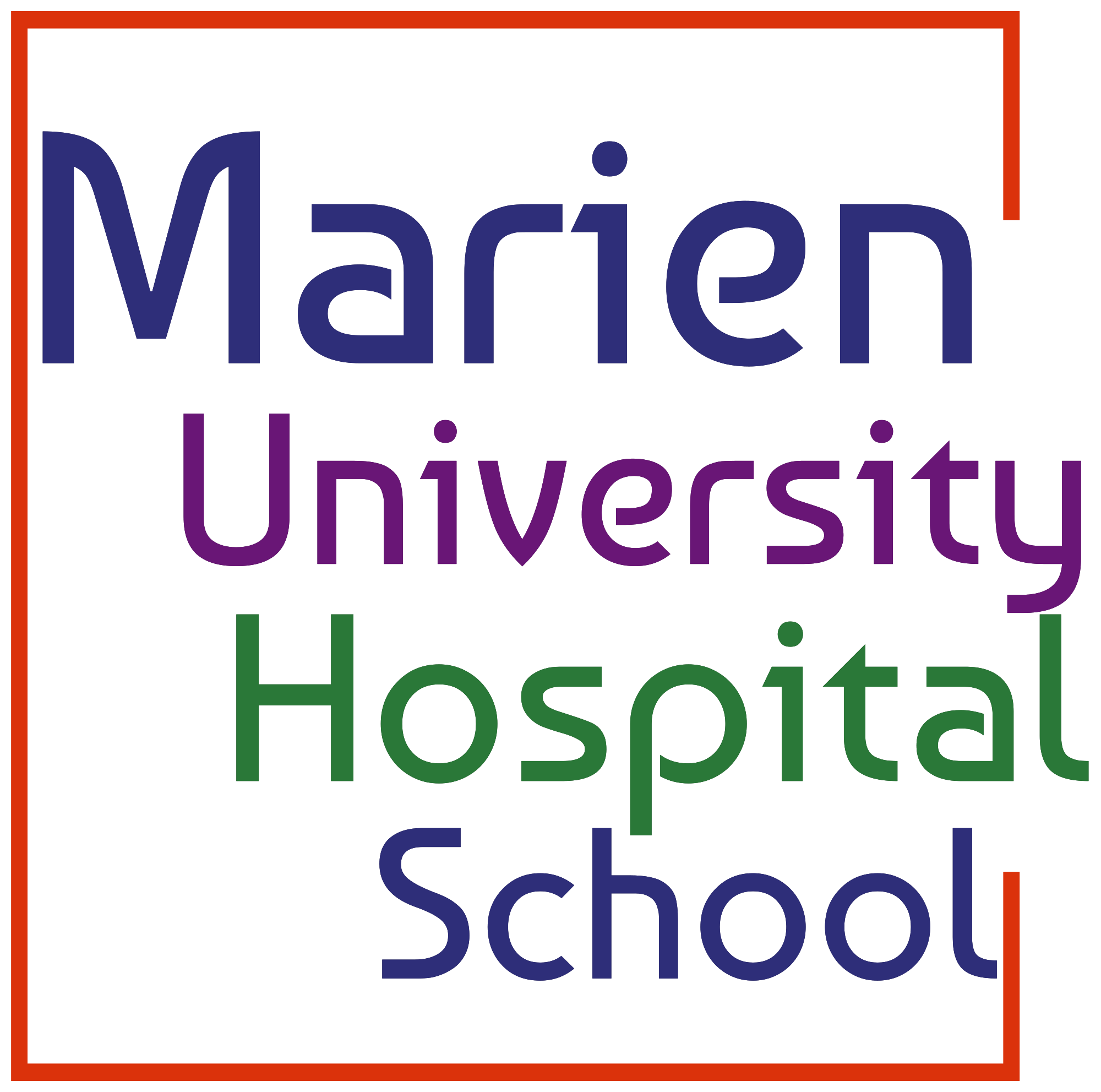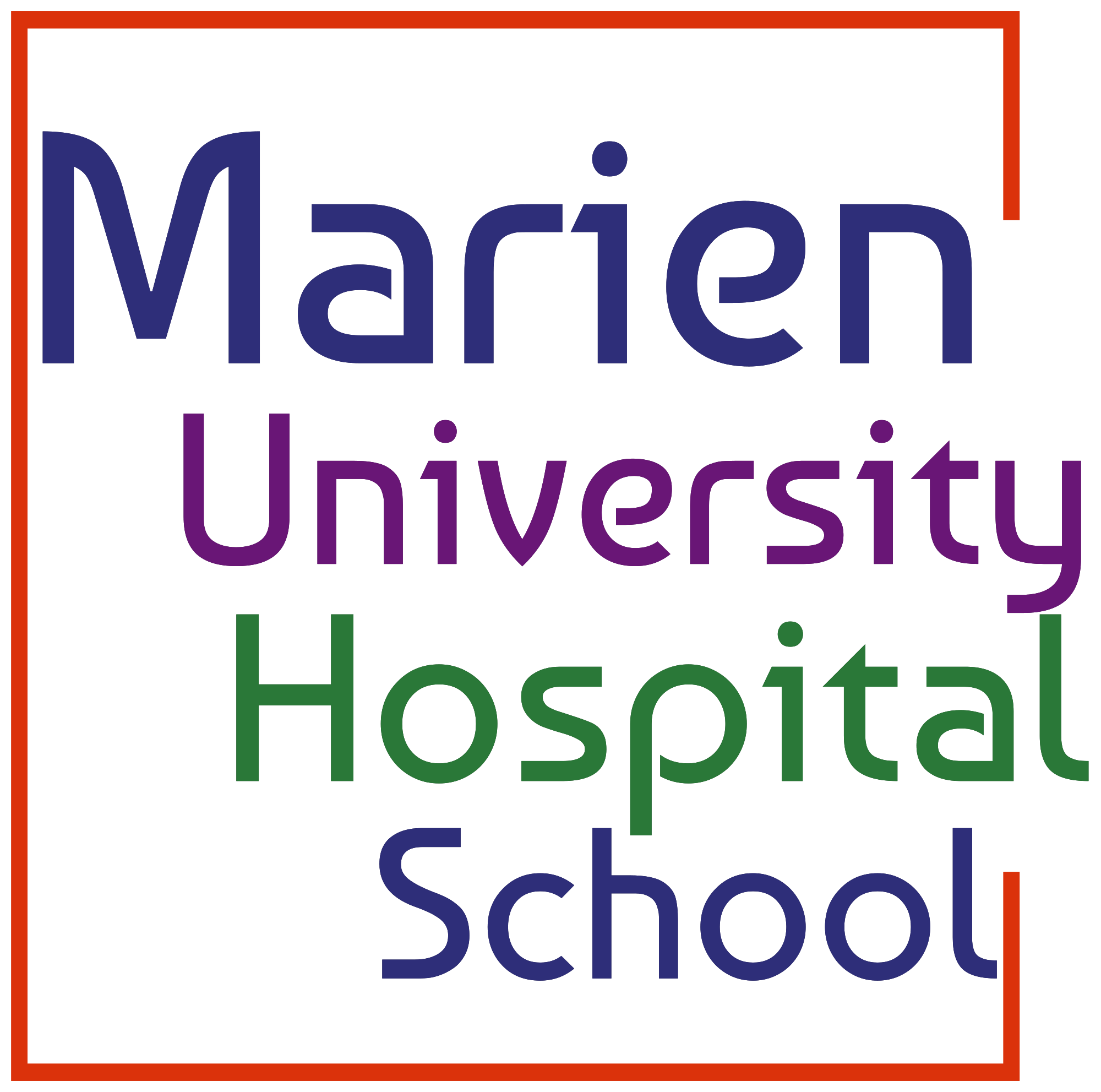Philosophy and Economics
Master of Arts
Short description
Our Master's degree program in Philosophy & Economics provides analytical skills in dealing with a wide range of economic and social issues. Here you will learn to assess the scope of responsibility of social decision-makers and to take on management tasks in the fields of politics and economics. To this end, you are motivated to expand your expertise and methodological knowledge, which will enable you to survey and apply the methods, insights, and theories of the individual sub-disciplines.
Throughout your studies, you will enhance your scientific knowledge of philosophy and economics, which will enable you to make a successful transition into professional practice.
Our program is geared towards the practical needs of political and economic actors and is based on the current state of research.
Entry/Admission requirements
Application and enrolment for the master’s degree course in Philosophy & Economics is only possible in the winter semester.
The requirements for admission to the two-year degree course "Philosophy & Economics" with the degree "Master of Arts" at Marien University Hospital & School Gelsenkirchen is the completion of a at least three year long and related degree course, which has been successfully completed with a "Bachelor of Arts" or "Bachelor of Science" or a comparable professionally qualifying degree with an average grade of at least 2.5.
You can be admitted to the program in three different ways:
(a) You have graduated with a related bachelor’s degree in economics and philosophy. (basic knowledge of economics and philosophy of at least 54 ECTS-LP each)
(b) You have graduated in a related philosophy degree program with at least 54 ECTS-LP (knowledge in e.g. logic, argumentation, scientific working techniques [usually 12 ETCS-LP] as well as knowledge in theoretical and practical philosophy [usually 24 ECTS-LP]).
(c) You have graduated in a related economics degree program with at least 54 ECTS-LP (knowledge of quantitative-methodological subjects [usually 18 ECTS-LP in mathematics and statistics] and sufficient knowledge of economics [usually 24 ECTS-LP in economic subjects]).
Applicants in categories b) and c) are subject to separate admission requirements, which can be found in the Master's aptitude assessment regulations (§1).
If you have any questions and to clarify your personal admission requirements, please contact p&e@university.marienhospital-clinic.de.
Programme content
The program is divided into the following three phases:
(1) the development and enhancement of fundamental insights and methods in philosophy and economics, (2) a subsequently deepening and consolidation of knowledge and (3) finally, the practical application of the acquired expertise.
In the first year of study, students develop the following skills in the individual disciplines. In philosophy: communication skills, conceptual thinking, and an understanding of the normative perspective; in economics: fundamentals of economics (micro- and macroeconomic theory and econometrics) as well as economic policy advice.
In the second year, students focus on the interdisciplinary part of the degree program by combining philosophical and economic perspectives. In the modules of this part of the program, the previously acquired discipline-specific expertise (in accordance with the above-mentioned competence aims) is gainfully combined. Students are taught to grasp and examine complex social processes in their entirety and far-reaching relevance based on the methods, theories, and practices of the various disciplines.
Programme structure
The module structure is based on the subject matter: in the first semesters, the knowledge base of the participating disciplines is primarily developed: In philosophy, the basics are dealt with in the modules cognitive theory of action, philosophy of law, societal philosophy and methods of argumentation and reasoning; in economics, the focus is on economics, macroeconomics or microeconomics (here students have freedom of choice), economic theory and economic policy advice. A high level of integration is already required in some of the modules, which runs through the entire master’s degree program.
The in-depth study of philosophy and economics takes place in the third Master's semester. This builds on the foundations of philosophy and economics from the first year of study and the previous Bachelor's degree. Students are actively involved into the design of teaching and learning processes. Individual choices in the advanced modules create scope for self-designed studies. In the application module of the third semester, the subjects of the course are merged with a strong practical focus.
Programme objectives/Career prospects
With the aim of realizing innovative and groundbreaking solutions through transdisciplinary research networks and interdisciplinary exchange, the Philosophy and Economics degree program is designed to be interdisciplinary. By imparting in-depth expertise, graduates are enabled to apply interdisciplinary know-how in the fields of philosophy and economics and to expand this knowledge in the further course of their professional careers, both in research and in practice.
Thanks to its inter- and transdisciplinary approach, Philosophy & Economics trains generalists. Unlike degree programs such as medicine or law, whose content is largely profession-specific, Philosophy & Economics equips students with a high degree of methodological knowledge and basic problem-solving skills.
The analytical skills acquired during their studies in dealing with a wide variety of problems qualify graduates for management and leadership tasks in
- politics and business
- public administration
- associations, societies and foundations
- NGOs and think tanks
- Marketing and journalism
Winter semester
German (partially: English)
Admission-free with aptitude assessment in the application portal
Winter: 05.05.-15.08.
01/07/2025 - 15/12/2025
01/07/2025 - 15/08/2025
Salome Belling
Building: 24.53
Floor/Room: 00.96
E-Mail
Julian Pöhling
Building: 24.53
Floor/Room: 00.100
E-Mail
Study programme/Department
Studierenden Service Center (SSC)
Geb. 21.02 / SSC
Telefon +499475 211 81‐12345
E-Mail
Bei Fragen zu Studienverlauf und Prüfungsangelegenheiten für Studierende:
Studierenden und Prüfungsverwaltung
Kontakt Prüfungssachbearbeitung SPV

